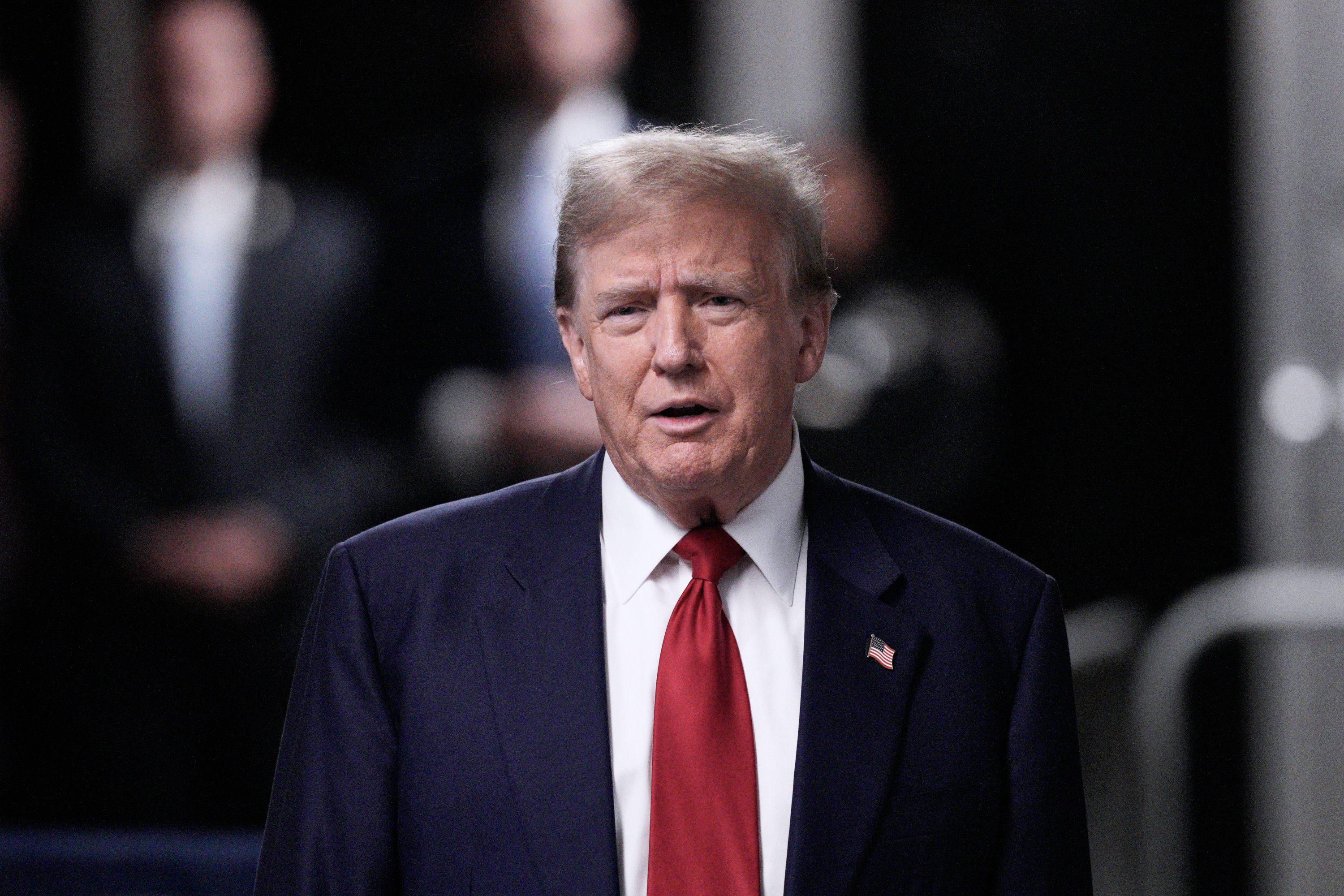
Communist, atheist China wants to make the country's many religions, including Catholicism and Islam, more Chinese, President Xi Jinping declared during a marathon speech at his party's conference.
Xi stressed at the Communist Party conference, held every five years, that threats to national security or separatism promoted under the guise of religion would not be tolerated, and that all religions must be "Chinese-oriented," as part of his effort to "Sinicize religion," or make it more Chinese, by instilling socialist core values.
Critics say these comments were directed toward Tibetan Buddhists, many of whom have advocated for independence from China, and are part of a larger push by Xi to suppress religion or drive it underground. Indeed, churches have been forming in private homes.
"Since Xi Jinping took the helm [in] 2012, the authorities have intensified many of their restrictions, resulting in an overall increase in religious persecution," Sarah Cook, senior research analyst for East Asia at Freedom House, wrote in February.
"But believers have responded with a surprising degree of resistance," she added. "Rather than checking religion's natural expansion and keeping it under political control, the [party's] rigid constraints have essentially created an enormous black market, forcing many believers to operate outside the law."
China officially recognizes Buddhism, Taoism, Islam, Protestantism and Catholicism, but it has cracked down heavily on Muslim and Buddhist groups suspected of separatism. Meanwhile, Falun Gong, a meditation-focused spiritual group that was banned in 1999, continues to suffer state persecution.
China also refuses to recognize the pope's authority over China's almost 12 million Catholics.
Xi's latest comments may put the brakes on a potential visit by the pope to China. Earlier this year, Pope Francis said he would be willing to visit China and become the first pope to visit the Communist nation since it broke ties with the Vatican in 1951.
But Xi's campaign to strengthen the Communist Party's grip on religion began in earnest last year when he attended a working conference on national religious affairs. During that event, Xi said China's Communist Party should take an active role to "guide religions to adapt to the socialist society."
Communist Party members, meanwhile, are expected to eschew religion altogether.
Members of Xi's party "should be firm Marxist atheists and must never find their values and beliefs in any religion," Xi said during the conference. A longstanding but infrequently applied rule states that religious believers are barred from applying to join the party.
Xi also used his speech to cement his position as the country's top leader and establish himself as the most influential ruler since Communist Party Chairman Mao Zedong.
Uncommon Knowledge
Newsweek is committed to challenging conventional wisdom and finding connections in the search for common ground.
Newsweek is committed to challenging conventional wisdom and finding connections in the search for common ground.
About the writer
Cristina Maza is an award-winning journalist who has reported from countries such as Cambodia, Kyrgyzstan, India, Lithuania, Serbia, and Turkey. ... Read more
To read how Newsweek uses AI as a newsroom tool, Click here.








